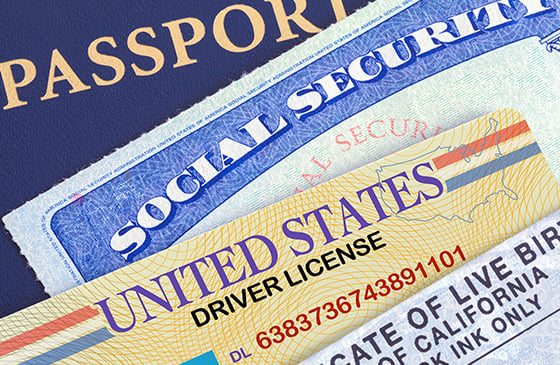Sending an International Wire

Sender’s Information
- Your name.
- Your physical address. (Please note that we cannot use PO boxes.)
- Your telephone number. (Include a number at which you can be reached to verify instructions, as processing may be delayed if we are unable to verify the request.)
- SELCO member number.
- SELCO share ID to debit.
- Outgoing wire transfer amount in the foreign currency desired, such as Euro or Yen. Please note that SELCO will complete a currency conversion to the local currency of the beneficiary prior to sending the wire unless the beneficiary account is specifically a US dollar account.
*Wells Fargo serves as SELCO’s correspondent bank and foreign exchange partner for international wire transfers.
Beneficiary’s or Receiver’s Information
- Sort Code, International Bank Account Number (IBAN), SWIFT Code, CLABE, or other international code/number as required. The beneficiary should be able to provide one or more of these as needed to complete the wire.
- A sort code is a unique identifier of the individual branch or bank office at which a bank account is held.
- An IBAN is a unique identifier of a specific customer account at a financial institution.
- A SWIFT code, also known as a Bank Identifier Code (BIC), is a code used to identify the country, bank, and branch to which an account is registered.
- The CLABE (Clave Bancaria Estandarizada, Spanish for “standardized banking cipher” or “standardized bank code”) is a banking standard for the numbering of bank accounts in Mexico.
- International bank name and address.
- Bank or loan account number to deposit funds.
- Name, physical address, and citizenship of all beneficiaries or recipients of the wire transfer.
- Purpose of payment. Without this information, the receiving financial institution may withhold funds, deduct a research fee, or return the wire. Please note that different countries will have differing standards for the purpose of payment. Please visit the Currency Conversion page to learn more.
- Comments or special instructions to transmit with the outgoing wire, if applicable. These include: “to the attention of” instructions or invoice, purchase order, or reference numbers. The beneficiary should tell you if any of these fields are required.
Here is a downloadable and printable form to use as a guide for when you fill out and sign your Wire Transfer Request.

General Information
- A wire needs to be signed and submitted by 2:00pm PST to be sent out the same day.
- An international wire may take up to 14 business days to be received by the other financial institution.
- Please see the Current Rate & Fee Schedule for any applicable fees.
Tips for preventing wire fraud
When sending a personal wire:
- Never wire money to claim a prize, pay a surprise bill or fine you weren’t aware of, or to someone you don’t know.
- Beware of situations where someone is going to send you money and then have you wire it someone else.
- Make sure that the payee of the wire makes sense for the reason it’s being sent. For example, if sending a wire for a business purpose, it should not be sent to the account of an individual.
- Remember that sending a wire is like sending cash and can be very difficult to recover once the funds are gone.
- Title companies and real estate transactions can be high targets for wire fraud, verify any change in wire instructions directly with your title company.
- Beware of situations where someone is asking you to wire “emergency” funds or other high-pressure requests.
When sending a business wire:
- Establish a process for the request and approval of wires that includes a verbal verification of the request. Do not process wires based solely on an email request.
- Make sure that the payee of the wire makes sense for the type of request you’re fulfilling. For example, if sending a wire to another business, it should not be sent to the account of an individual.
- Remember that sending a wire is like sending cash and can be very difficult to recover once the funds are gone.
- Title companies and real estate transactions can be high targets for wire fraud, verify any change in wire instructions directly with your title company.
- Beware of situations where someone is asking you to wire “emergency” funds or other high-pressure requests.